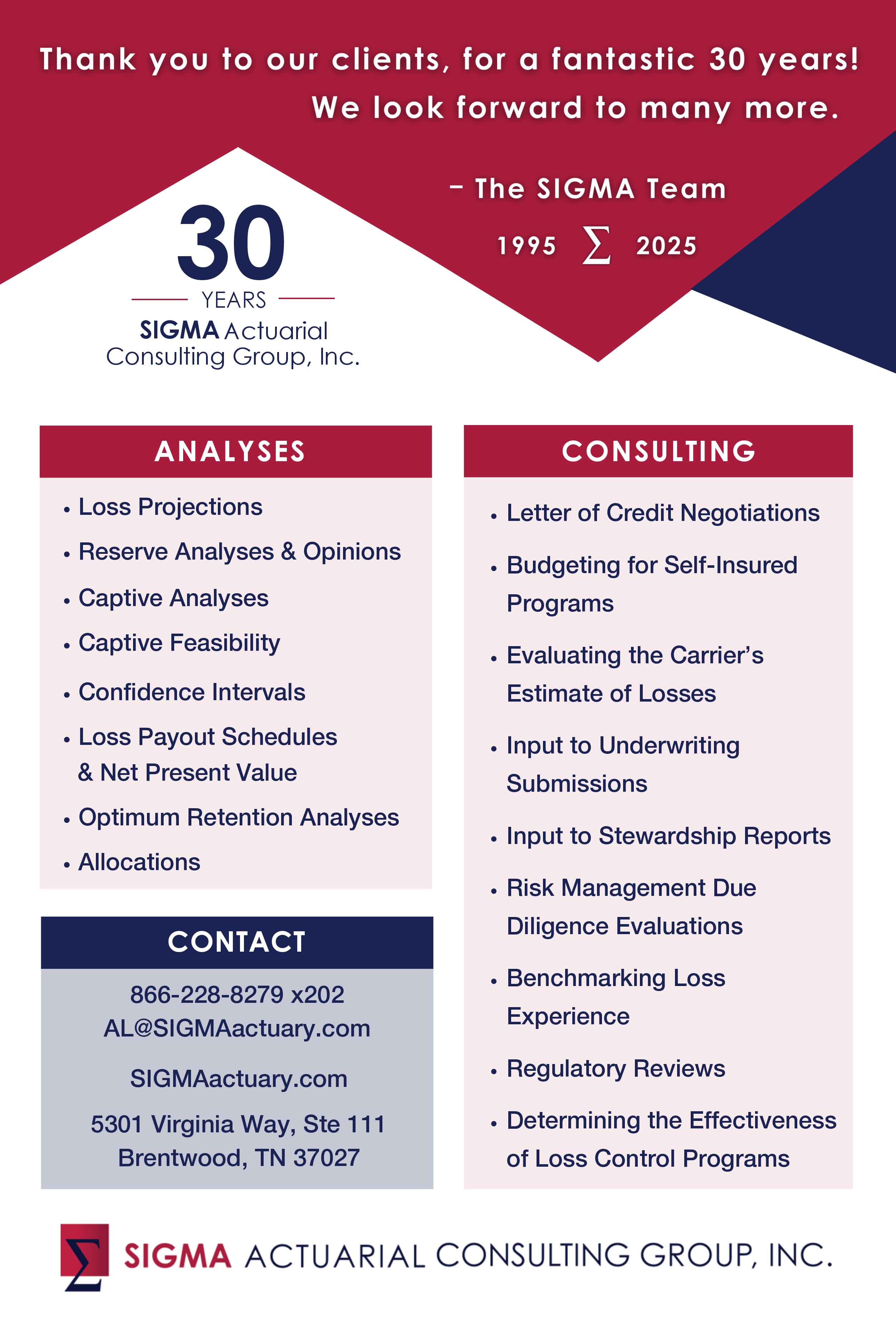The biggest threat to the stability of the world in the next 10 years will come from the risk of international conflict, the 10th edition of the Global Risks report has predicted.
The report has found “interstate conflict with regional consequences” as the number one global risk in terms of likelihood, and the fourth most serious risk in terms of impact.
In terms of likelihood, it exceeds extreme weather events, failure of national governance systems, state collapse or crisis, and high structural unemployment or underemployment.
In looking at global risks in terms of their potential impact, the nearly 900 experts that took part in the Global Risk Perception Survey rated water crises as the greatest risk facing the world.
Other top and potentially impactful risks include the rapid and massive spread of infectious diseases, weapons of mass destruction, and the failure of climate change adaptation/
In addition to assessing the likelihood and potential impact of these global risks, the report also examined the connections between risks, as well as how they could interplay with trends shaping the short- to medium-term risk landscape.
It also offered analysis of three specific cases that emerge from the connection maps: the interplay between geopolitics and economics, the risks related to rapid and unplanned urbanisation in developing countries, and emerging technologies.
On urbanisation, the report considered how best to build sufficient resilience to mitigate the challenges associated with managing the world’s rapid and historical transition from predominantly rural to urban living.
“Without doubt, urbanisation has increased social well-being. But when cities develop too rapidly, their vulnerability increases: pandemics; breakdowns of or attacks on power, water or transport systems; and the effects of climate change are all major threats,” said Axel Lehmann, chief risk officer at Zurich Insurance Group.
The report also provided analysis related to global risks for which respondents feel their own region is least prepared, as well as on the global risks on which they feel most progress has been made over the last 10 years.






